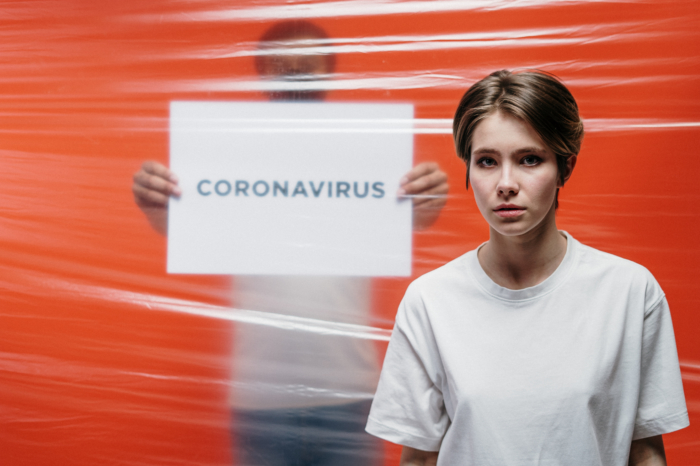5 Guidelines for Protecting Our Residential Building Maintenance Staff
Many, many of us in Boston and its surrounding communities and indeed across the state live in apartment or condominium buildings. In our cities, we urban cliff dwellers live cheek by jowl with little thought until now that we should be practicing physical distancing. We are also very used to the convenience of building managers or superintendents, accepting or delivering our packages, letting repair people into our units, in some cases greeting our visitors, or coming to assist us in our units if a problem develops with our appliances or any household apparatus.
While we are now practicing physical distancing, we may not be giving a lot of thought to our supers or building managers and what we as residents should do to help keep them safe. These employees who make our lives comfortable and convenient and perform all kinds favors and kindnesses for residents face the same dangers that we face, only they are supposed to continue performing their jobs. In my condo building in Cambridge, our management company, First Residential, a very large national firm, has issued guidelines to our residents to help keep residents and our building super and maintenance people safe. Here they are below and I hope you find them helpful.
- Maintenance and the superintendent should not be asked to enter a unit unless there is a true emergency.
- Residents should postpone scheduling any non-essential trades people to be in the building.
- All requests of the building super should be done by phone.
- Do not go to the building maintenance office or the superintendent’s unit.
- Do not make requests for utility shut offs, or access to common areas unless there is a real emergency.
In addition to the above, those of us in apartment or condo buildings usually take elevators on a daily basis. As a courtesy to one another, it is probably wise not to share elevators with residents from other units and it would be good idea also to wear gloves or place something between your finger and the elevator floor buttons. This same wisdom should be applied in all common areas and all commonly used entrances and exits. While our employees are most likely wiping down buttons and doorknobs, they can’t do it every time someone enters or leaves the building, so a little help from all of us makes our buildings safer.
Do YOU have tips to share? Add them as comments below!
Get Our COVID-19 News, Tips & Resources!
Read Our COVID-19 Roundups:








